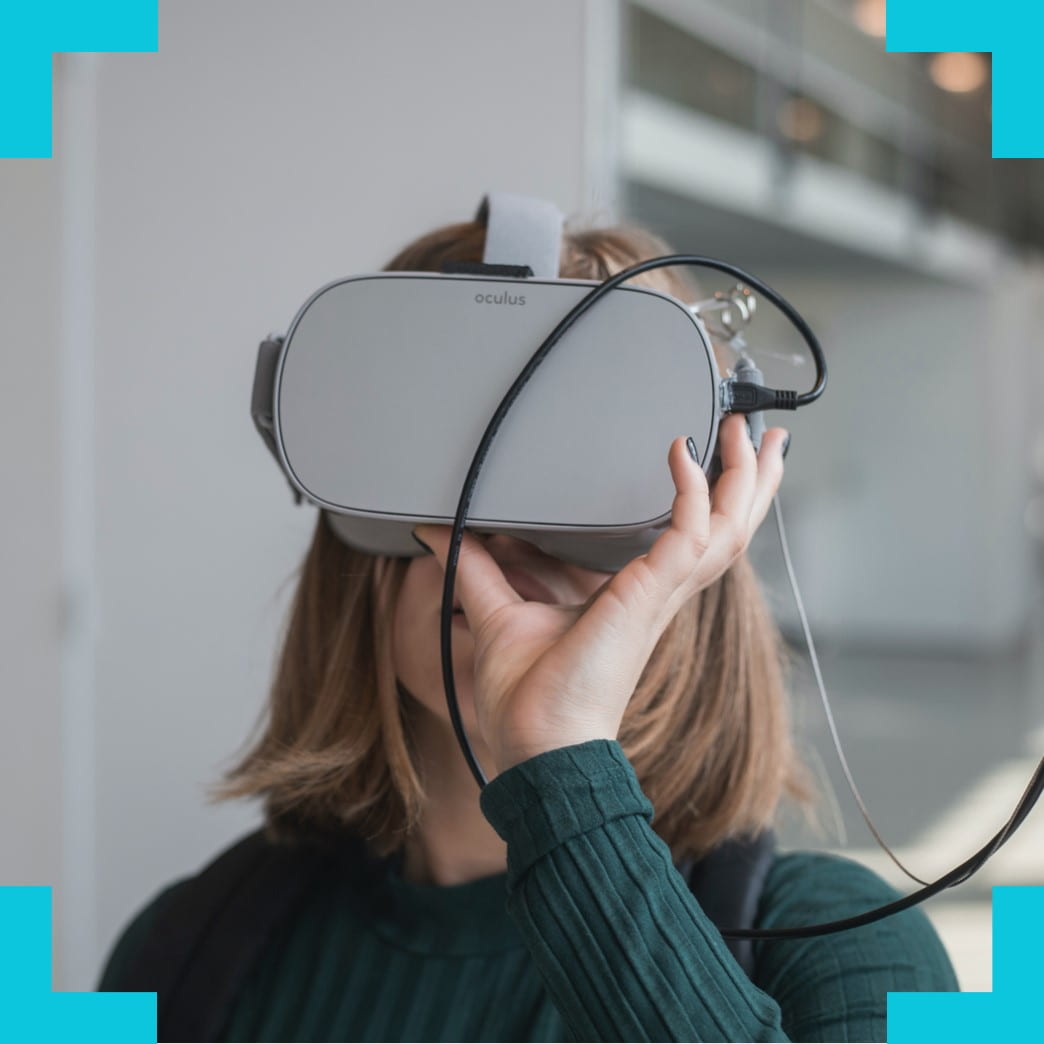Using Immersive Technologies for PSHE Education
Is there an appetite for using immersive technology in PSHE education? What are the potential risks of using this method? Are young people engaged when using this method?

Using Immersive Technologies to assist in improving outcomes when informing young people on the risks and consequences of social problems is as yet widely untested. There is however a growing consensus that immersing young people in the lives of those affected by activities including knife-crime and those experiencing mental health difficulties may dramatically change behaviours and/or prevent young people from engaging in activities that may permanently have an adverse effect on their lives or the lives of sufferers. Despite it’s mandatory status in secondary education, PSHE is often poorly delivered in schools, with the most challenging issues not addressed, leaving young people ill-prepared for living in the wider world. Therefore, it is essential that innovative methods are explored to ensure young people no longer have to learn the hard way about the dangers that exist and are given the right tools to make informed decisions for their future.
What did the project involve?
This project sought to further the discussions and explore the opportunities that exist when using immersive technologies in a range of ways to benefit young people and the wider community. It constituted an event that demonstrated sample scenarios and offered stakeholders an insight into the technology and assessed their responses. The event sought to gauge the appetite of education settings, community groups and young people themselves for the use of this technology in improving long term outcomes. The event formed the basis for future developments, and more extensive research into the wider risks and benefits when using immersive technologies.
The team planned and delivered the workshop together with inputs from artists. The workshop was hosted by Bristol VR lab.
The workshop aimed to bring together interested academics from across the University who bring complimentary and diverse knowledge from cognitive psychology, neuroscience, visual perception, trauma research, work with young offenders, translational arts media, user-centred design, VR, arts and music, social work, and education. This provided an exciting opportunity to start an interdisciplinary critical discussion about the use of immersive technologies in high impact educational contexts with young people. Also invited were some young people, representatives from Bristol secondary schools and creative and multi-media industries.
Who are the team and what do they bring?
- Steve Hutson (Young Visions) grew up with experiences of homelessness, drug addition, mental health concerns, and carrying knives. Since then Steve has been a Youth Worker for a number of years with a proven track record of making a significant positive difference to the lives of young people and continues to further this by launching his own enterprise using immersive technologies to help young people avoid taking the paths he did.
- Debbie Watson (Policy Studies, University of Bristol) is a researcher of child and family welfare whose interests understanding and improving the lives of children and young people, particularly those in adverse circumstances such as poverty and maltreatment. She utilises creative and sociomaterial approaches to research.
What were the results?
From the experience of the workshop in the VR lab a number of new collaborations have emerged.
- Steve went on to develop content for a number of National Curriculum subjects in secondary schools using open-source software and hosted on his website: Young Visions | Young People | UK
- We secured SWDTP funding to run an interactive immersive technologies workshop for PhD students in November 2021 and this included academic and PhD presentations from colleagues at Bath, Exeter and Bristol Universities. This also resulted in a film output.
- Debbie secured funding with East London Dance for a 3-year project called ‘VR Dance’- there is more information and a film here: VR Dance: Exploring Alternative Realities | East London Dance
- Debbie has taken the ideas and thinking into her work as a co-investigator in the ESRC funded Centre for Sociodigital Futures where she is exploring virtual environments in the context of caring futures with colleague Lisa May-Thomas: Caring | Faculty of Social Sciences and Law | University of Bristol

